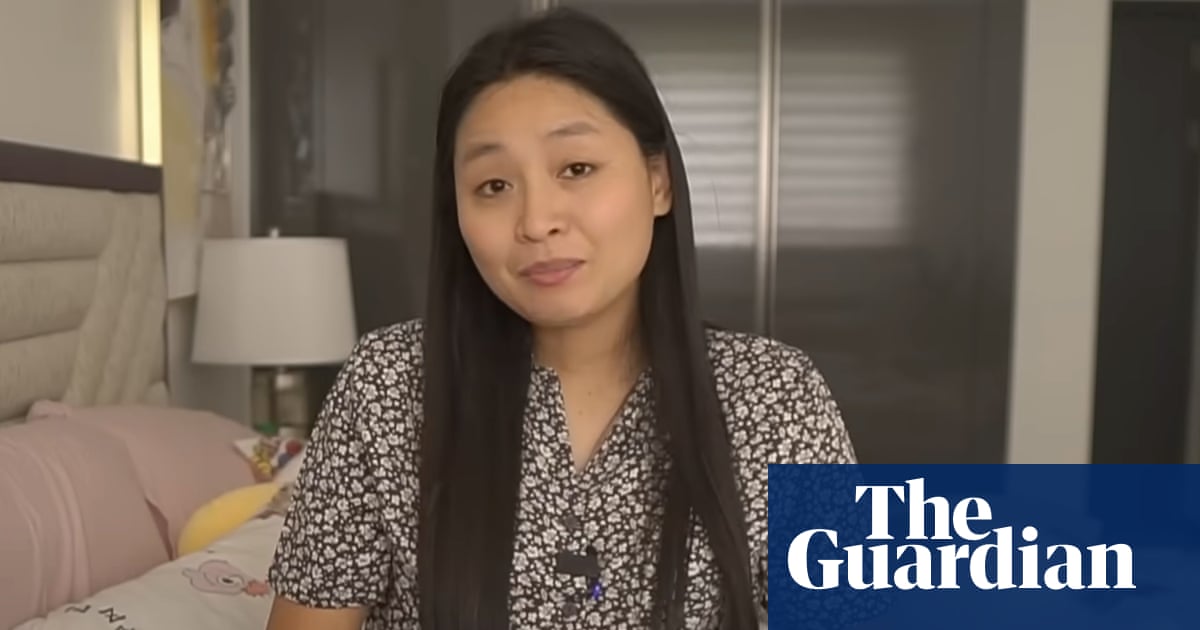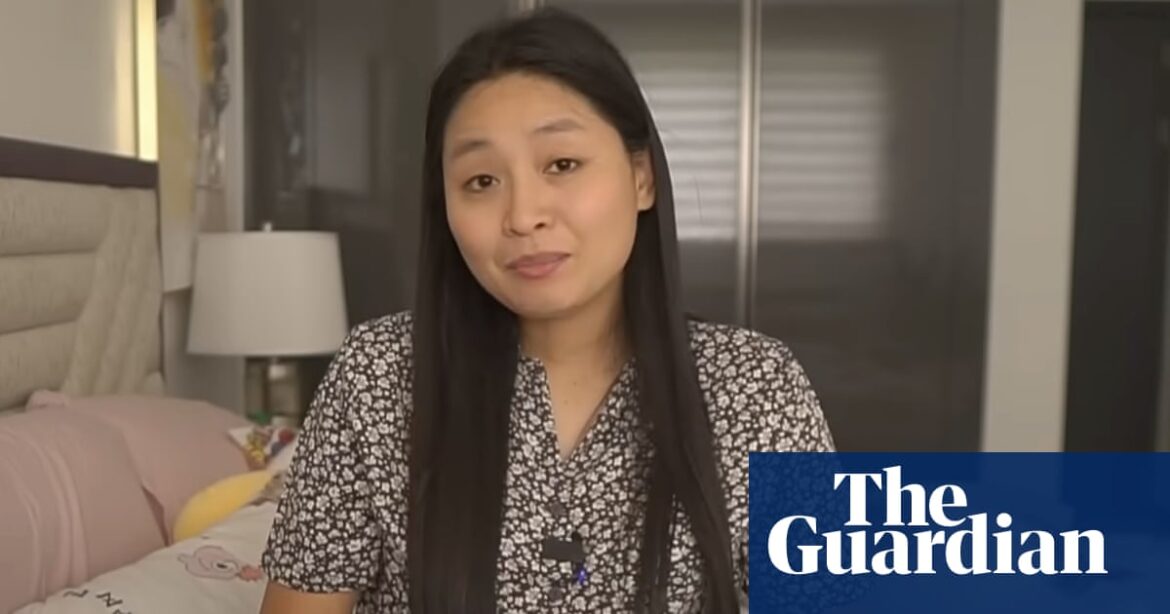
The controversy surrounding wanted Filipino mayor Alice Guo has taken another dramatic turn, with government officials alleging that she fled the Philippines in July.
Guo was mayor of the town of Bamban in Tarlac province and is at the centre of a mystery that began in March when officials raided a compound in the town and found about 1,000 workers, including victims of human trafficking, along with luxury villas, high-end cars, and expensive cognac.
Investigators at the eight hectare (20 acre) compound said they also found a panic room and three underground tunnels – an escape route for those wanting to evade the authorities. The tunnels led to a vacant land plot owned by Guo, alleged the Presidential Anti-Organized Crime Commission (PAOCC).
Guo had owned 50% of Baofu, the compound where the criminal operation was taking place, though she says she had sold it prior to becoming mayor. She has also said she had sold the vehicle that was found at the premises during the raid.
President Ferdinand Marcos Jr said in relation to Guo’s departure that “heads will roll”.
He said a full-scale investigation into how she could have left was already under way, and “those responsible will be suspended and will be held accountable to the fullest extent of the law”.
The presidential office has also ordered her passport to be cancelled. Guo’s current whereabouts are uncertain.
Earlier, there was confusion over Guo’s birth certificate, which was not registered until she was 17 and displayed contradictory information to that of her siblings. A Filipina called Amelia Leal was listed as her mother but appeared not to exist, according to birth records. Her father was listed as Filipino, though Guo stated he was Chinese.
When Guo appeared before senators, she seemed unable to answer questions about her childhood, which she said she spent growing up on a farm in Bamban. Schooling records found by a senator also seemed to contradict her claims about where she was educated.
The mayor struggled to provide concrete information regarding her childhood, leading the president to say in May: “We’re puzzled – where did she come from?”
The election commission then found that the fingerprints on her election records matched those of a Chinese citizen.
Hontiveros, for her part, levied allegations during the hearings that Guo could be a Chinese spy or a criminal.
Guo has denied wrongdoing and dismissed the “malicious accusations”. She has said she was not a spy but a natural-born Philippine national who was born as “the lovechild” of a Chinese man and his wife’s helper, who was a Filipina. She was raised in Bamban on the family’s pig farm and homeschooled by a teacher named Rubilyn, she has said.
Guo has stopped attending senate hearings into the matter, with her lawyer saying she had been traumatised by the experience, including the reaction on social media, where her responses have been widely mocked.
Guo is now the subject of a senate arrest warrant due to her non-attendance at hearing. The PAOCC has filed human trafficking charges, now under consideration by the office of the prosecutor.
The president’s allegation that Guo had fled follows claims by Senator Risa Hontiveros on Monday that Guo had left the Philippines, a claim the Department of Justice had previously denied.
Hontiveros presented evidence including Guo’s alleged arrival at Kuala Lumpur international airport in Malaysia on 18 July, also raising questions about how someone facing so much scrutiny could have left the country.
Officials alleged Guo then flew onward to Singapore before taking a ferry to Riau, Indonesia, on 18 August. An Indonesian immigration official said that Guo had entered the country that day, Reuters reported, although the Guardian has not been able to independently corroborate that report.
The controversy comes at a time of heightened tensions between China and the Philippines in the South China Sea, where vessels from the two countries have collided multiple times recently as China aims to assert its illegal claims in the key waterway.
With Rebecca Ratcliffe, Guill Ramos and Reuters
Source: theguardian.com



